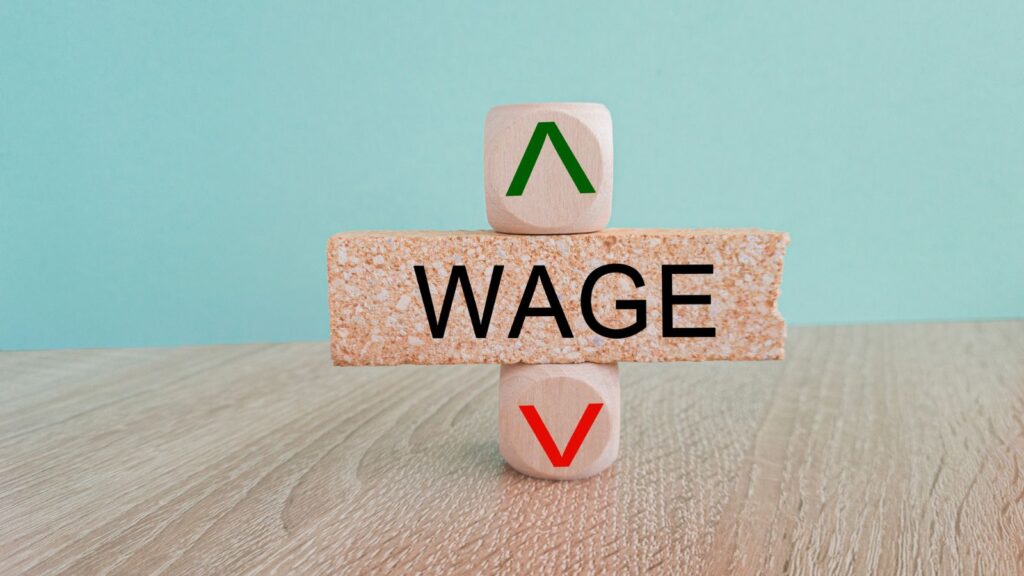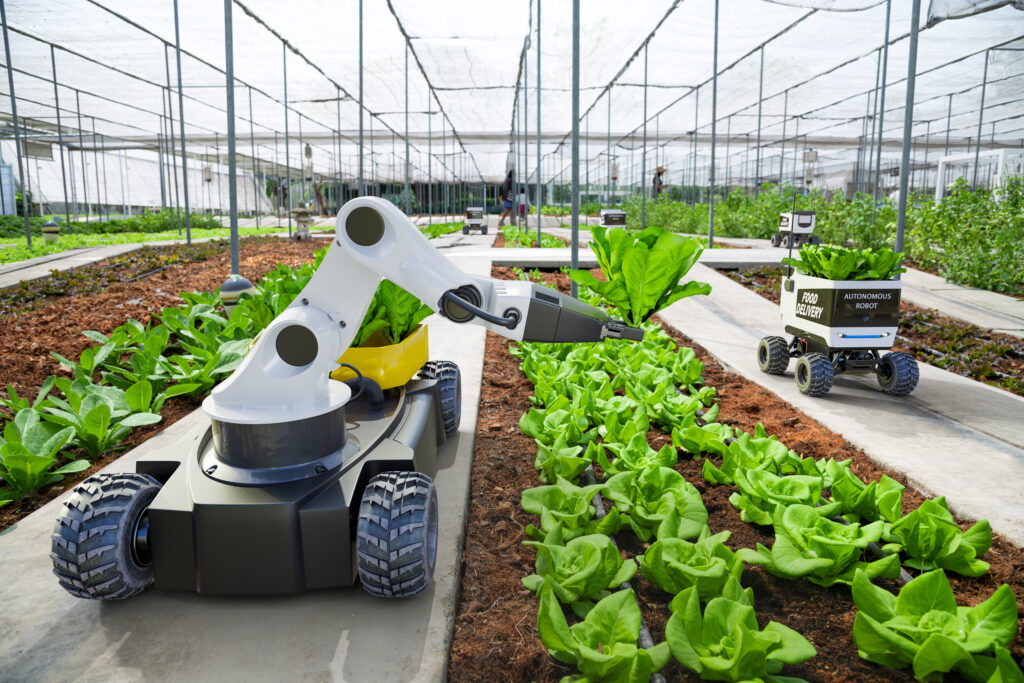For many young people today, experiencing the American Dream is a lot harder than it was in their grandparents’ days. Back in those days, the path seemed pretty straight: You just had to get a decent job and buy a house to get a good retirement. Simple, right? That’s not the case anymore, and here are 18 reasons why.
College Costs Are Sky-High

Boomers used to hear stories about working their way through college with a part-time job, but that’s a tall tale these days. Tuition prices are rising, and many young people are piling on debt just to get a degree. That heavy load is holding them back from other big purchases, like homes or starting a business.
Today’s Job Market is a Whole New Game

Gone are the days when a high school diploma would land you a solid job. Now, you need high-tech skills and fancy degrees just to get your foot in the door, meaning it’s pretty hard if you can’t afford all that schooling. Even worse, the best jobs are super competitive, so you need more than just the basics.
Wages Aren’t Keeping Up

However, the issues don’t stop once you land a job, as the paycheck might not stretch as far as you’d hope. While living costs have shot up, wages haven’t followed suit. As such, this has made it pretty hard for many young people to keep up with everyday expenses, let alone save for the future.
The Housing Market is Wild

Good luck if you’re trying to buy a house. Home prices are soaring in most states, and the dream of a white picket fence is becoming a fantasy for many young people, especially when compared to the Boomer era. During those days, you just needed to do a few years in your job to have enough to afford a house.
Recession Blues

Young people today have had to weather some major economic storms, including the 2008 crash and the recent fallout from the pandemic. These financial hits can knock you off course when you’re just trying to get started. Many young adults saw their careers stall or regress, with job losses and reduced hours, which meant it was hard to recover.
Family Matters

Family structures have changed, and with more single parents and dual-income necessities, financial and time resources are stretched thinner than ever. This has meant that young people can’t pursue the same things that their parents or grandparents once did. They don’t have the same support systems that are used to stabilize young adults.
Milestones Move Mountains

Everything’s happening later, whether marriage or kids, partly by choice and partly because getting financially prepared takes longer. Doing things later means financial planning looks a lot different than it did for Boomers. Years of renting and dealing with an uncertain economic future have replaced the dreams of owning a home or starting a family at a young age.
Saving for Retirement

Forget about the good old pension because young people can barely save for themselves now. When you’re juggling rent, student loans, and a hundred other things, stashing cash for your golden years gets tricky, especially since so many young workers have irregular income streams. Unfortunately, traditional ways to save just aren’t possible anymore.
Health Care Hikes

Health care isn’t getting any cheaper, and many jobs that young people get these days don’t come with those once-standard health benefits. This makes managing health costs another thing they’ve got to deal with to be financially stable. Out-of-pocket expenses can be devastating, especially with the rise of chronic conditions among younger populations.
Tech Takeover

Robots and software are doing jobs that used to be done by people, so some jobs have simply disappeared, and the ones that remain often require extensive technical skills. Many young people are scrambling to keep up, especially since continuous learning and adapting to new technologies can be expensive. And let’s not forget how overwhelming it is, too.
Environmental Worries

Younger generations are growing up with climate change knocking at their door, forcing them to think about sustainability and potentially expensive life changes. Climate preparation can change their financial and career plans quite a bit. After all, adopting eco-friendly practices and products is often far more expensive, complicating their finances even more.
A Divided Economy

It feels like the rich are getting richer, and the middle class is getting a tighter squeeze. This economic divide makes climbing the ladder that much harder for young people. It’s hard to deal with such a difference in earnings, and young people often feel like the deck is stacked against them, so they can’t achieve the same level of economic success as boomers did.
Global Competition

These days, it’s not just your neighbor competing for a job because someone halfway around the world could get the position. Global labor markets mean more competition and often lower wages for many young Americans. Now that the marketplace is global, young workers must be more flexible and often accept less secure job conditions to remain competitive.
Job Hopping is the New Normal

You simply can’t stay with one company until you retire anymore, and today’s young workers often hop from job to job. This can make it tough to build financial stability, as such changes can disrupt long-term career growth. These issues only add to the challenge of achieving financial security.
Gig Economy Grit

While flexibility might sound nice, the unpredictability of income from gig work isn’t so positive because it can make financial planning a nightmare. Since they don’t have steady paychecks, young people can’t make long-term commitments or savings plans, which leads to more stress. Young workers can’t manage irregular earnings while they’re trying to meet regular expenses.
Tighter Credit

Thanks to tighter credit conditions, getting a loan for a house or business isn’t as easy anymore. Young people have to jump through more hoops to get the financial support that is more readily available to Boomers, which stops them from starting businesses or buying homes at a young age. They have lower credit scores, and their financial independence keeps getting delayed.
Stalled Social Mobility

Moving up the economic ladder is getting harder, with fewer people making it from the bottom to the top. The American Dream is simply out of reach for many young people and other Americans. They’ve got no chance of upward mobility, which is especially difficult when education and healthcare costs continue to rise without the same increase in wages.
Pandemic Aftermath

We still feel the long-term effects of the recent global health crisis, but one thing’s certain. It has completely changed many young people’s economic prospects and left much uncertainty in its wake. Young people aren’t sure what they want to do with their futures anymore, or even if they have one.
19 Grim Realities of Dating After 50 That Are Often Overlooked

19 Grim Realities of Dating After 50 That Are Often Overlooked
26 Things That Will Be Extinct Because Millennials Refuse to Buy Them

26 Things That Will Be Extinct Because Millennials Refuse to Buy Them
24 Outdated Slang Terms You Absolutely Shouldn’t Be Using Anymore

24 Outdated Slang Terms You Absolutely Shouldn’t Be Using Anymore
25 Hardest Parts About Getting Older That No One Ever Talks About

25 Hardest Parts About Getting Older That No One Ever Talks About






